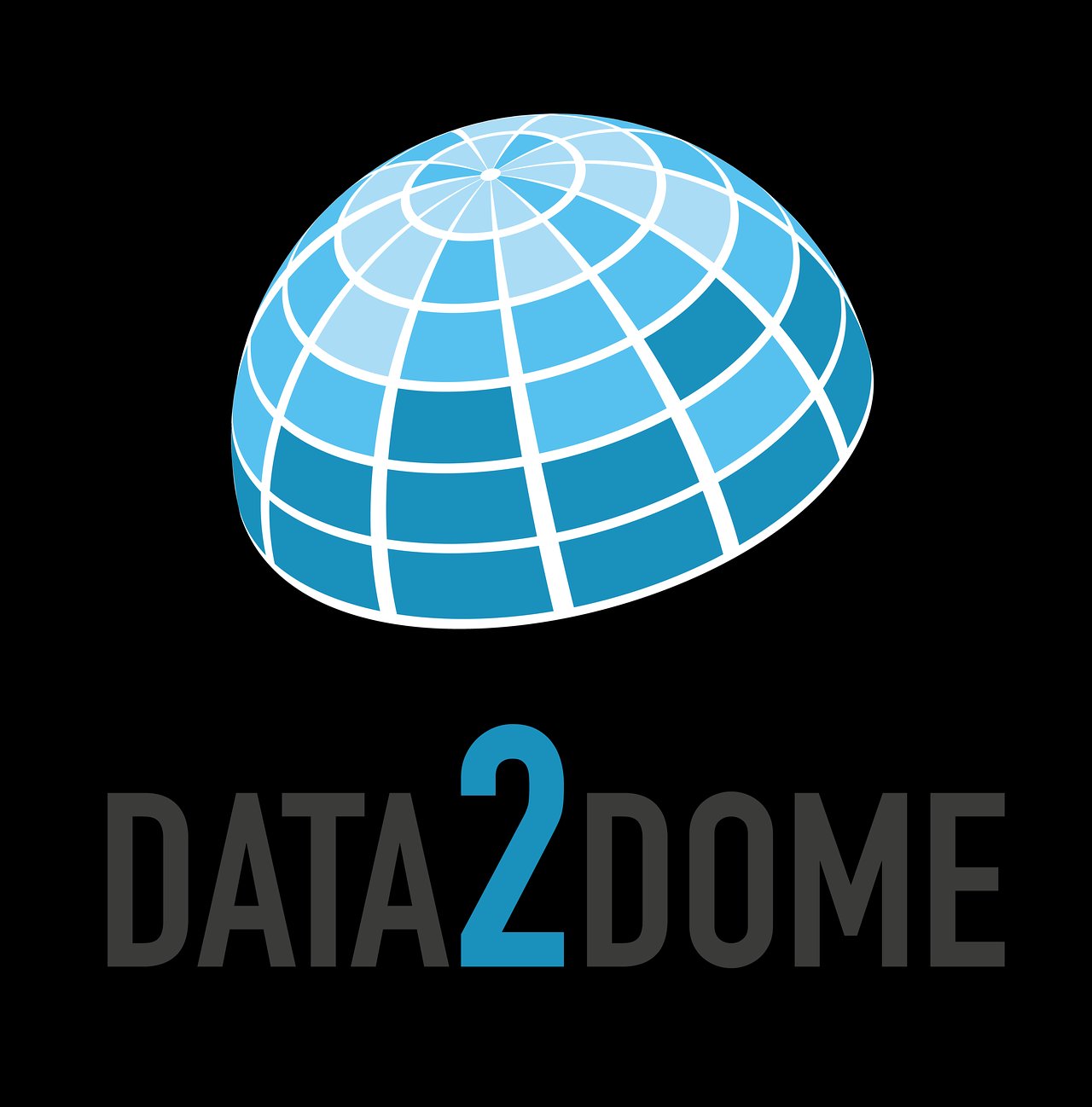|
Open Specifications
An open specification is a specification created and controlled, in an open process, by an association or a standardization body intending to achieve interoperability and interchangeability. An open specification is not controlled by a single company or individual or by a group with discriminatory membership criteria. Copies of Open Specifications are available free of charge or for a moderate fee and can be implemented under reasonable and non-discriminatory licensing (RAND) terms by all interested parties. Specifications should not be confused with standards. Many standards and specification are touted as open while falling short in practice. Many formal bodies charge per-copy fees for the document in order to defer the operating costs of the working group. This is rarely seen as negating the open status of the product, although free electronic distribution is usually seen as preferable. Advantages * As there is no restriction among traders which have specific trademark, any ... [...More Info...] [...Related Items...] OR: [Wikipedia] [Google] [Baidu] |
Specification (technical Standard)
A specification often refers to a set of documented requirements to be satisfied by a material, design, product, or service. A specification is often a type of technical standard. There are different types of technical or engineering specifications (specs), and the term is used differently in different technical contexts. They often refer to particular documents, and/or particular information within them. The word ''specification'' is broadly defined as "to state explicitly or in detail" or "to be specific". A requirement specification is a documented requirement, or set of documented requirements, to be satisfied by a given material, design, product, service, etc. It is a common early part of engineering design and product development processes in many fields. A functional specification is a kind of requirement specification, and may show functional block diagrams. A design or product specification describes the features of the ''solutions'' for the Requirement Specificatio ... [...More Info...] [...Related Items...] OR: [Wikipedia] [Google] [Baidu] |
Reasonable And Non-discriminatory Licensing
Reasonable and non-discriminatory (RAND) terms, also known as fair, reasonable, and non-discriminatory (FRAND) terms, denote a voluntary licensing commitment that standards organizations often request from the owner of an intellectual property right (usually a patent) that is, or may become, essential to practice a technical standard. Put differently, a F/RAND commitment is a voluntary agreement between the standard-setting organization and the holder of essential patent, standard-essential patents. U.S. courts, as well as courts in other jurisdictions, have found that, in appropriate circumstances, the implementer of a standard—that is, a firm or entity that uses a standard to render a service or manufacture a product—is an intended third-party beneficiary of the FRAND agreement, and, as such, is entitled to certain rights conferred by that agreement. A standard-setting organization is an industry group that sets common standards for its particular industry to ensure compati ... [...More Info...] [...Related Items...] OR: [Wikipedia] [Google] [Baidu] |
Open Standard
An open standard is a standard that is openly accessible and usable by anyone. It is also a common prerequisite that open standards use an open license that provides for extensibility. Typically, anybody can participate in their development due to their inherently open nature. There is no single definition, and interpretations vary with usage. Examples of open standards include the GSM, 4G, and 5G standards that allow most modern mobile phones to work world-wide. Definitions The terms ''open'' and ''standard'' have a wide range of meanings associated with their usage. There are a number of definitions of open standards which emphasize different aspects of openness, including the openness of the resulting specification, the openness of the drafting process, and the ownership of rights in the standard. The term "standard" is sometimes restricted to technologies approved by formalized committees that are open to participation by all interested parties and operate on a consensus basis ... [...More Info...] [...Related Items...] OR: [Wikipedia] [Google] [Baidu] |
